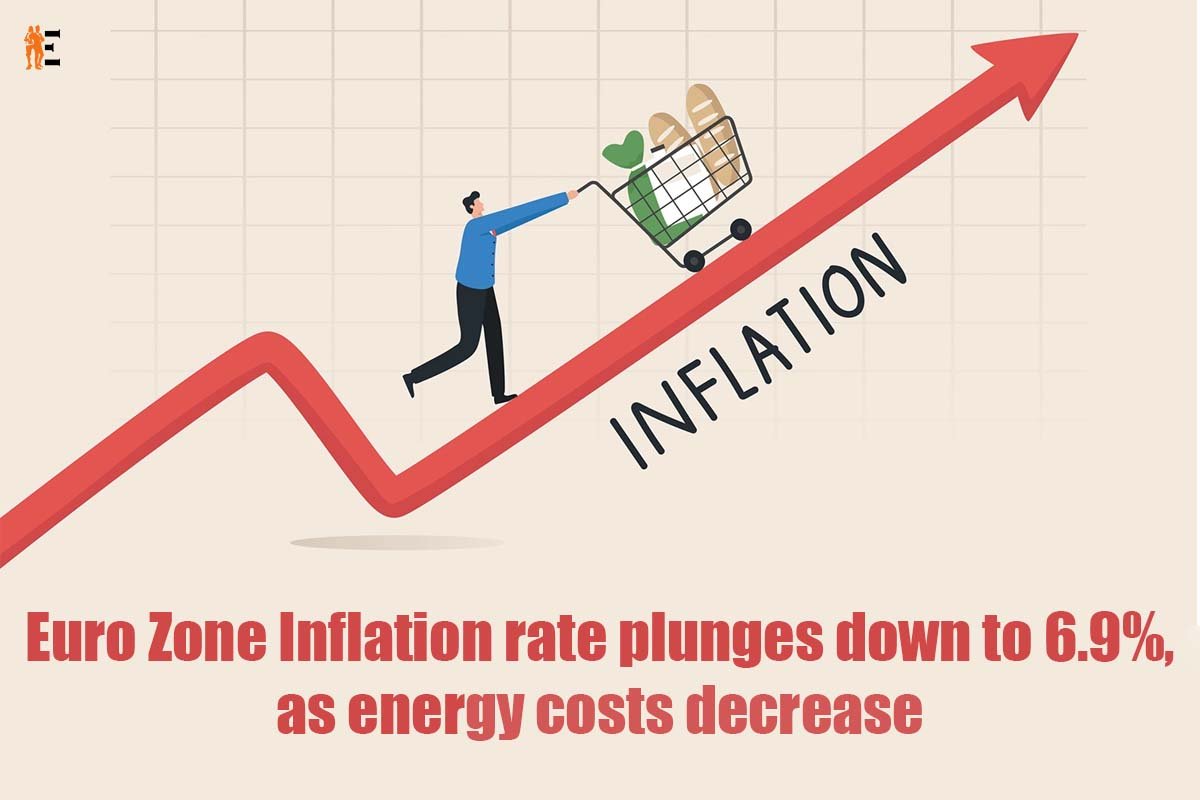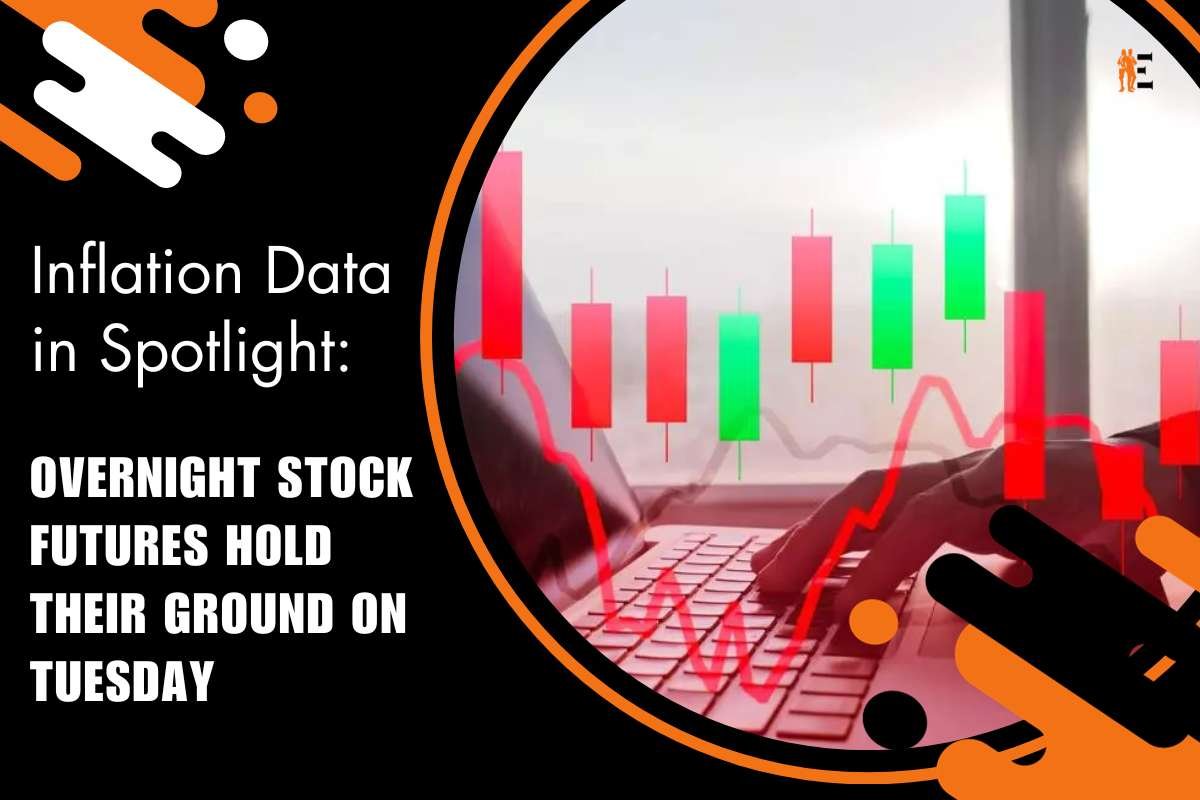Inflation in the euro zone experienced the biggest drop on record in March, but core prices continued to grow, according to data released by Eurostat on Friday. This could potentially increase the likelihood of the European Central Bank (ECB) implementing further interest rate hikes.
A record low
The figures revealed that consumer prices had risen by 6.9% in March, marking the largest deceleration since 1991 when Eurostat began collecting data. This was a notable decrease from the 8.5% increase seen in February. The decrease was largely driven by a drop in energy prices, in contrast to last year’s surge that followed Russia’s invasion of Ukraine.
However, an index that excludes food and energy prices, known as core inflation, and regarded by economists as a better reflection of the underlying trend, slightly increased to 7.5% from 7.4% in February. Analysts had anticipated that headline inflation in the 20 countries sharing the Euro Zone would be at 7.1%, with core inflation also expected to be at 7.5%.
ECB’s Stance
Following a series of rate rises, the ECB has not committed to further hikes, as this will depend on several factors, including whether the banking sector turmoil stabilizes and underlying inflation data. However, various ECB policymakers, such as chief economist Philip Lane, have suggested that more borrowing cost increases are necessary to restore inflation to the central bank’s 2% target.
The declining inflation in March may suggest to some that inflationary pressures are easing, which could raise concerns for the ECB. Nevertheless, core inflation, which excludes the more volatile food and energy prices, remained relatively strong, indicating that the underlying inflationary pressures are still present.
Despite the overall decrease in inflation in March, there are concerns that rising energy prices and supply chain disruptions, particularly caused by the COVID-19 pandemic, could lead to further inflationary pressures. If this occurs, the ECB may have to implement further rate hikes to address the inflation issue.
Moreover, the ECB will need to continue to monitor the ongoing pandemic’s impact on the economy and inflation. Inflation expectations have been rising globally in recent months, leading many central banks to raise their interest rates.
Eurozone inflation drops
Summing Up
In conclusion, the euro zone experienced a record drop in inflation in March, but core inflation remained steady, indicating that underlying inflationary pressures are still present. While the ECB has not committed to further rate hikes, policymakers are likely to consider implementing them in the future to address the inflation issue, especially if energy prices and supply chain disruptions continue to cause inflationary pressures.











